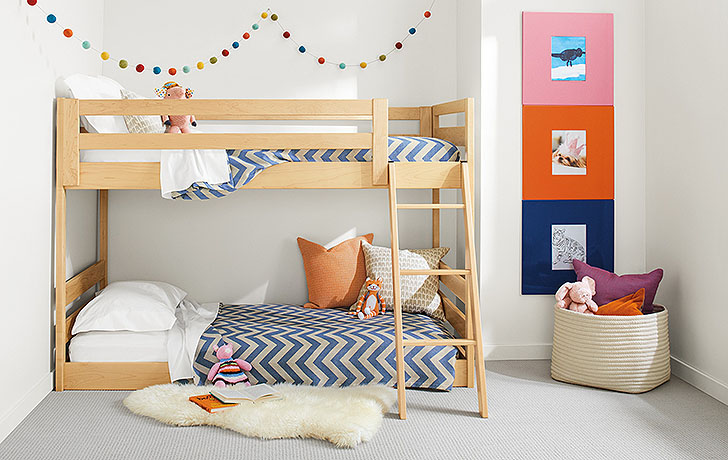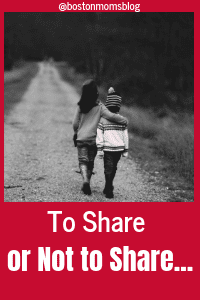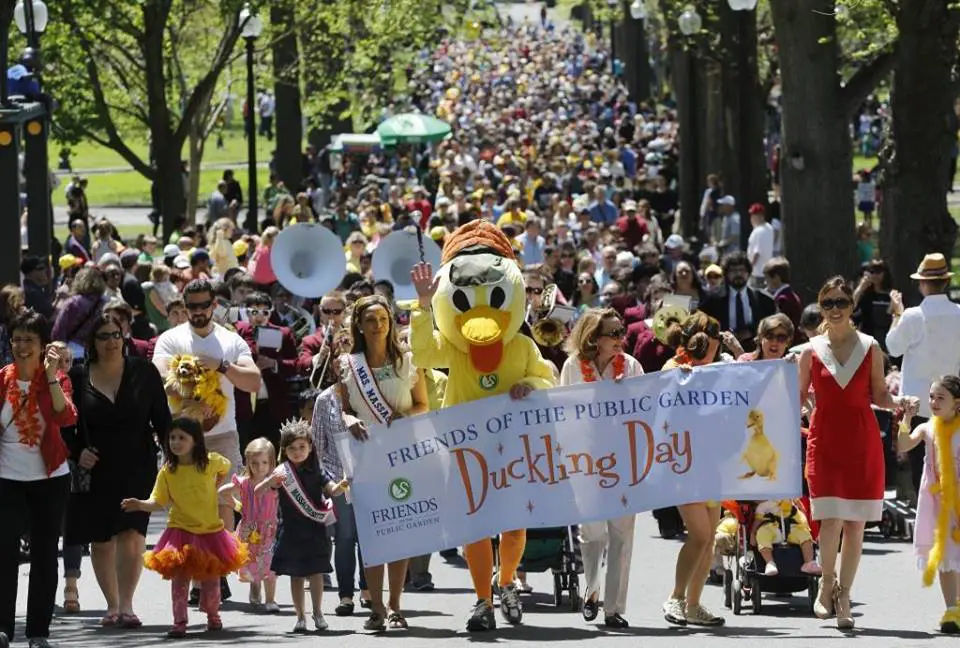
… kids’ bedrooms, that is.
Our living room was overrun with toys. My almost-5-year-old and his stuff had grown out of his small room. My 3-year-old was finally consistently sleeping through the night.
And then we stayed in a vacation rental with bunk beds. Both kids went crazy over the novelty and begged for bunk beds at home.
It made me think seriously about an idea I’d been mulling over — having the kids share a bedroom. I liked the idea of a “sleeping only” room, which we now call the “bunk room.” And a separate playroom, which we made from my daughter’s larger bedroom.
We took the plunge earlier this summer, and I recommend it. I realize sharing is just plain reality for larger families or those with only a couple of bedrooms, and you just make it work. But for those debating it, or perhaps facing it due to a new baby on the way, here’s how and why we made a shared bedroom work in our three-bedroom house with two kids.
Pros:
Bunk beds are a huge space saver.
The small room that was my son’s doesn’t fit much other than the bunk beds. But it’s perfect for this use. The bunk room has only the beds, the kids’ clothes, and some books. No toys allowed other than the stuffed animals they sleep with.
The rest of their toys actually stay in the playroom (for the most part)!
This part of the experiment surprised me the most. I thought the toys would still end up everywhere. But we’ve been consistent about putting things back, so it usually works. And the best part is that my living room no longer looks like a daycare center!
Travel is easier.
When we travel and the kids have to share a room, it’s not a novelty and they sleep better.
We save on utilities!
During the summer we saved energy (and money) running only one window A/C unit in their shared room versus one in each bedroom like last summer.
Cons:
They sometimes wake each other up.
But it rarely happens overnight. More often, my oldest wakes his sister up too early in the morning. We reward super quiet, sneaky exits whenever possible. If one wakes up overnight with a bad dream or leg cramp, the other sometimes sleeps through it or goes right back to sleep because they’re still tired.
Shared nap time doesn’t work.
On the rare occasion both need a nap, it just doesn’t work to keep them both in the bunk room. Instead, I left one of the crib mattresses in the playroom for a reading nook, and my oldest uses that if he needs to.
Tips to make it happen:
Buy used bunk beds, but be picky.
My husband set up an alert on Facebook Marketplace for any bunk beds posted for sale. We waited for a set that met our criteria — stairs with drawers instead of a ladder, big drawers for clothes on the bottom instead of a trundle bed, and the dark wood color I preferred. It took about six weeks, but that gave us time to get organized and repaint. Around $200–250 seemed to be the norm for something like this.
Be patient.
It took a good two weeks of prolonged silliness before my kids got the hang of actually going to sleep together. Some of this was in temporary quarters in the playroom while we painted the bunk room. Eventually, the shenanigans got so out of control I wondered if this would work. But we persisted. And implemented a rule that they had to “earn” sleeping in the bunk room with five good nights of bedtime in the playroom. It worked. The threat of missing out on the new bunk beds was enough to ensure a reasonable bedtime routine.
Spend time organizing.
I took the chance to clean out outgrown toys and clothes and establish good organization systems in both new rooms. Everything has a place in the bunk room, and the kids know where things go. I bought storage buckets and shelves for the playroom. Sometimes it’s messy, but I can always close the door.
I once read a sibling quote that was something like: “The greatest gift our parents ever gave us was each other.” Whether my kids remember this experience when they’re older or not, it’s worth it. They love sharing now. And I love overhearing their bunk room chats.














